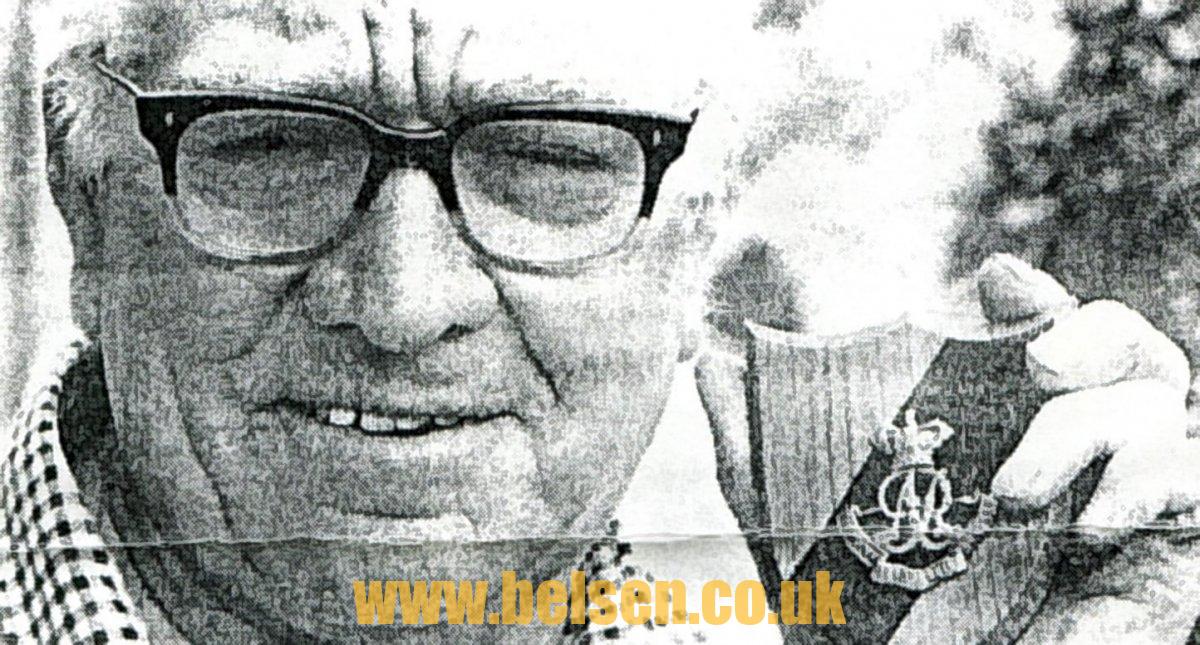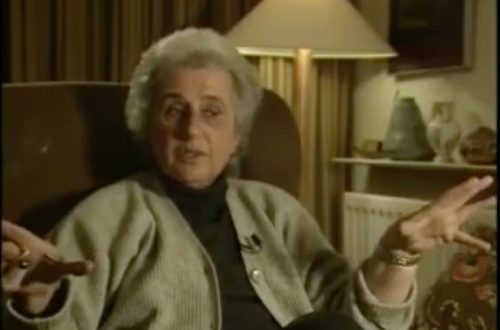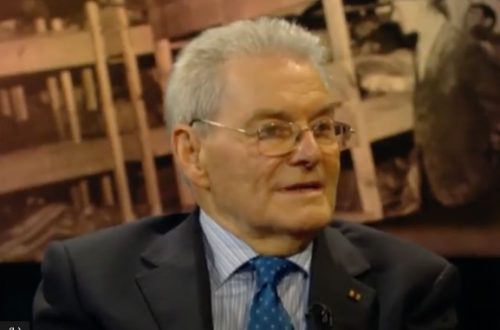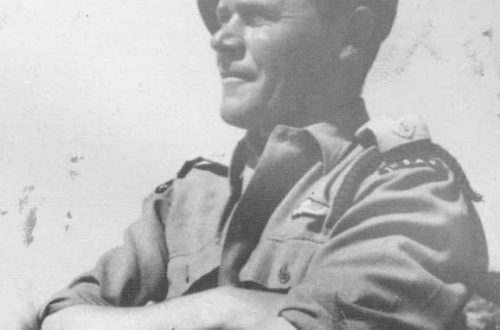George Hanks (63 ATR)
GEORGE Hanks was only a teenager when he and his colleagues from the Oxfordshire Yeomanry helped to liberate the notorious Belsen concentration camp, and the horrors he saw have never left him.
 Last Thursday he was formally presented to the Queen, as part of the commemorations of National Holocaust Memorial Day, in London.
Last Thursday he was formally presented to the Queen, as part of the commemorations of National Holocaust Memorial Day, in London.
“We didn’t even know what a concentration camp was, so we had a terrible shock when they opened the gates and we drove in,” said Mr Hanks, 86, of Farm Close Lane, Wheatley.
“There were bodies everywhere and of those who were still alive, all were skin and bone and had terrible diseases such as typhus and TB.
“Around 20,000 people in there were already dead, when we arrived, and they were still dying at a rate of 18,000 a day.*
“The smell was awful. At first they looked at our uniforms and were frightened, but when they realised we were British they thought we had come to save them. One woman saw me and kissed the trousers of my uniform. I helped her up, but she was too weak and fell down again.
“It was terrible because we were just 120 members of the Anti-Tank Regiment, we had hardly any food or water and few medical supplies — we felt powerless to help them.”
Mr Hanks said the further he and fellow troops from the regiment explored, the worse things became.
He said: “We entered through the labour camp, where people had been put to work, but behind that was a camp where people had just been left to die.”
“In the middle of a beautiful pine forest we found row upon row of bodies stacked ten-deep.”
Mr Hanks and his regiment were in Belsen for five days and left when food and medical officers eventually arrived. He returned to Oxford suffering from TB he had contracted there and later lost a kidney because of the disease.
“I still have nightmares, and the sweet, sickly smell you sometimes get when you pass farms makes me physically sick because it reminds me of the smell of all those bodies,” he said.
“I was surprised when I got the invitation to meet the Queen, but I think it is very important to remember what happened. Humans have inflicted terrible things on each other, but atrocities are still happening now.”
Article c2006
* Verbatim to article however figures clearly incorrect.
9,296 total views



